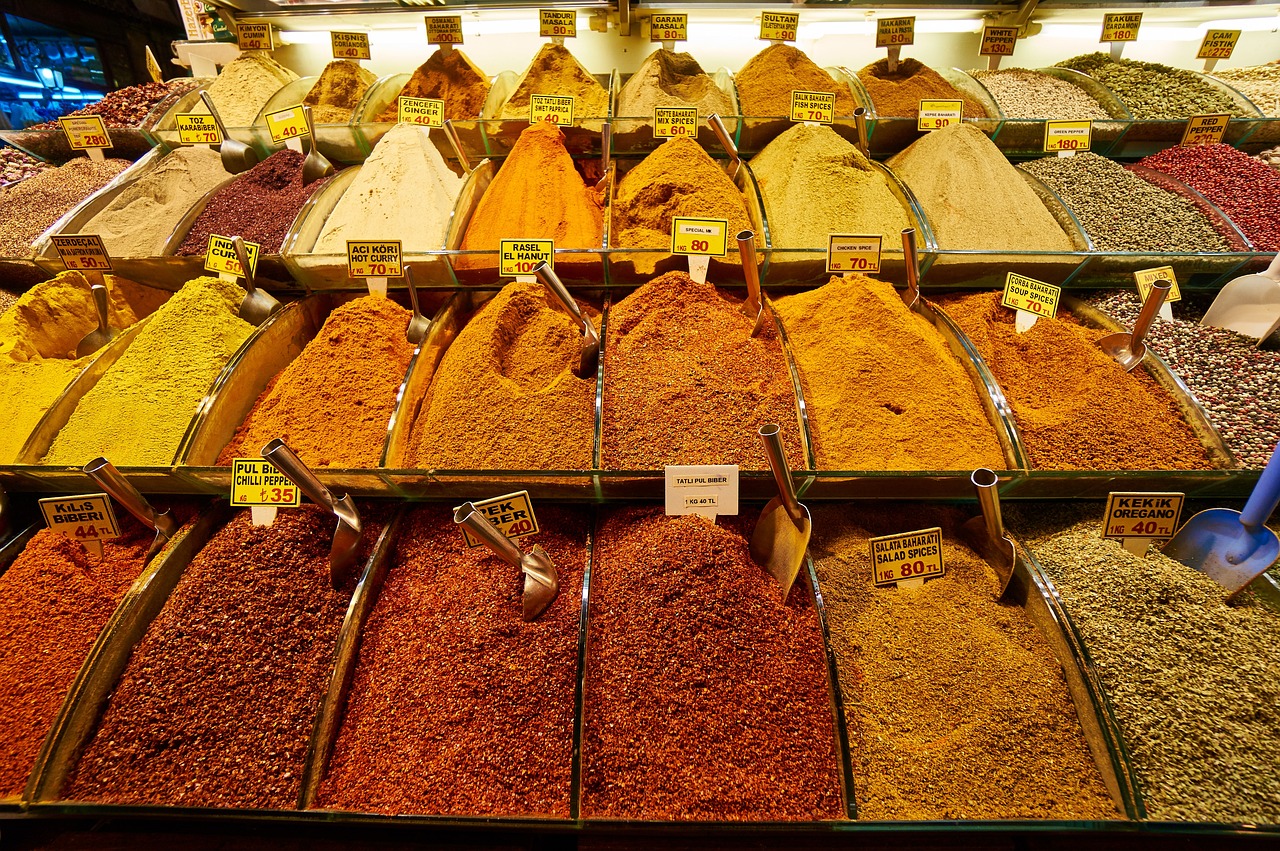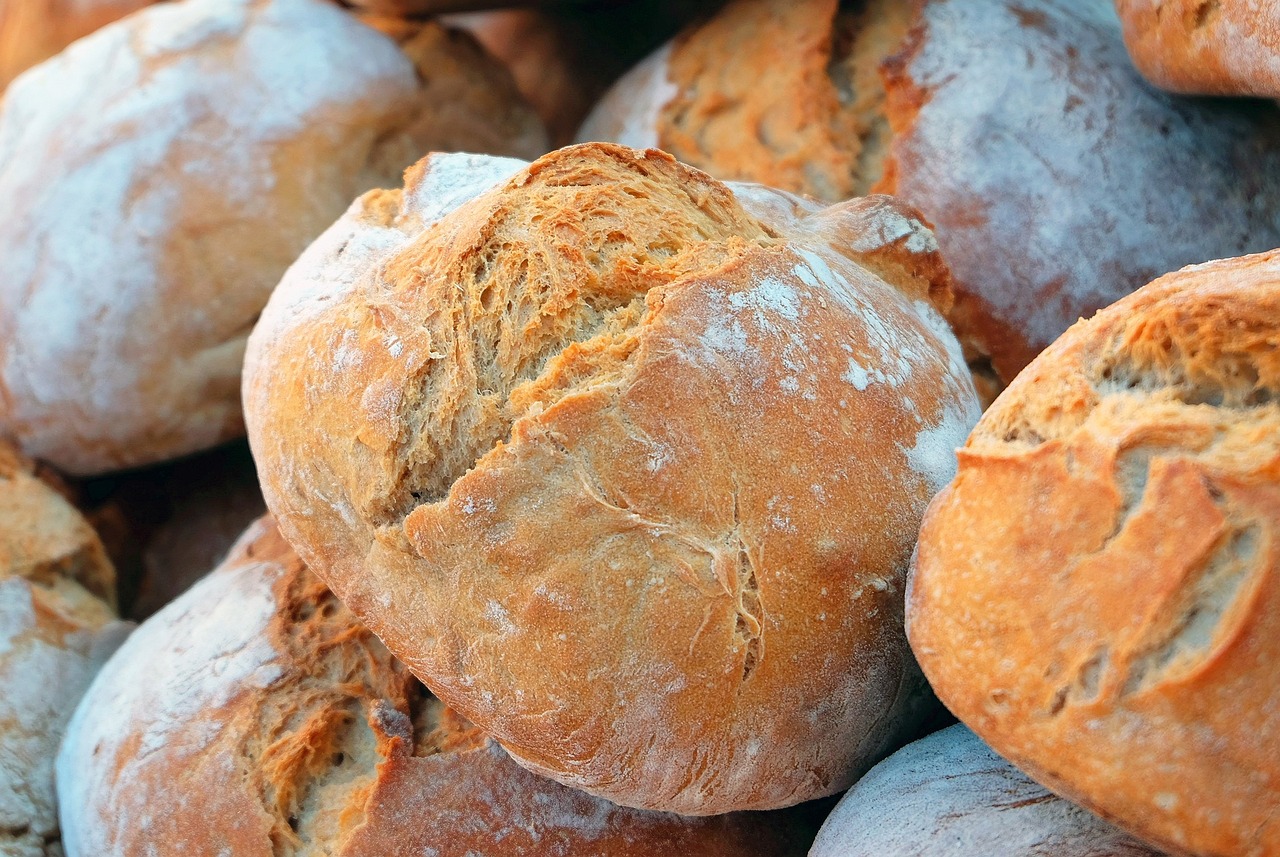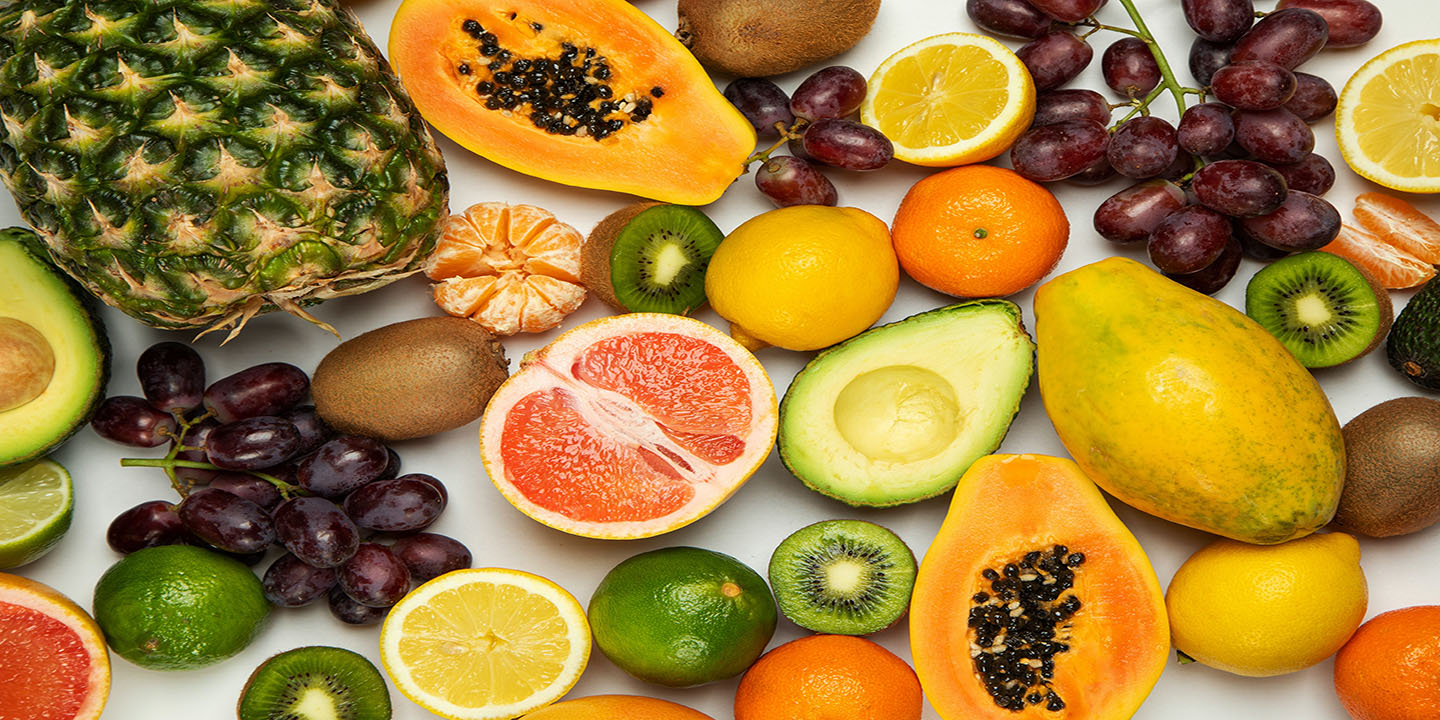10 Foods That Are Safe to Eat Past Their Expiration Date & 10 You Should Throw Out Immediately
10 Foods That Are Safe to Eat Past Their Expiration Date & 10 You Should Throw Out Immediately
Contrary to popular belief, not all foods become hazardous once they pass their expiration dates. While it's crucial to be cautious with perishable items like dairy and meat, some foods remain safe to consume beyond their labelled expiration dates. Here are 10 such foods that you can safely indulge in past their expiration dates:
1. Honey
Honey is known for its remarkable ability to resist spoilage due to its low moisture content and acidic pH. While it may crystallize over time, expired honey is still safe to eat. Simply warm it up to restore its smooth texture, and it'll be just as delicious as ever.
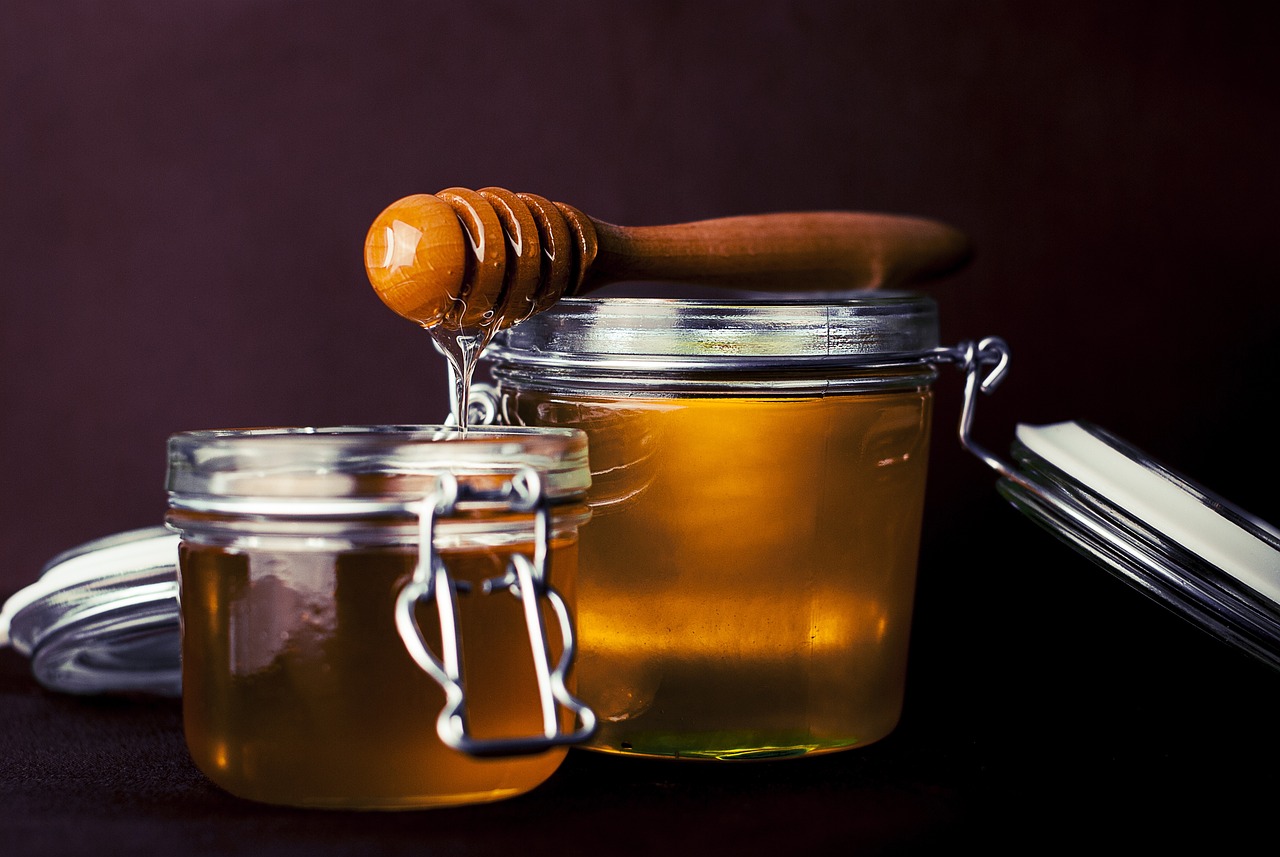 Image by fancycrave1 from Pixabay
Image by fancycrave1 from Pixabay
2. Rice and Grains
Dry staples like rice and grains have a long shelf life and typically remain safe to consume well past their expiration dates. As long as they're stored in airtight containers in a cool, dry place, these pantry staples can last for years without spoiling. Even if they're past their expiration date, simply give them a quick rinse before cooking, and they'll be perfectly fine to eat.
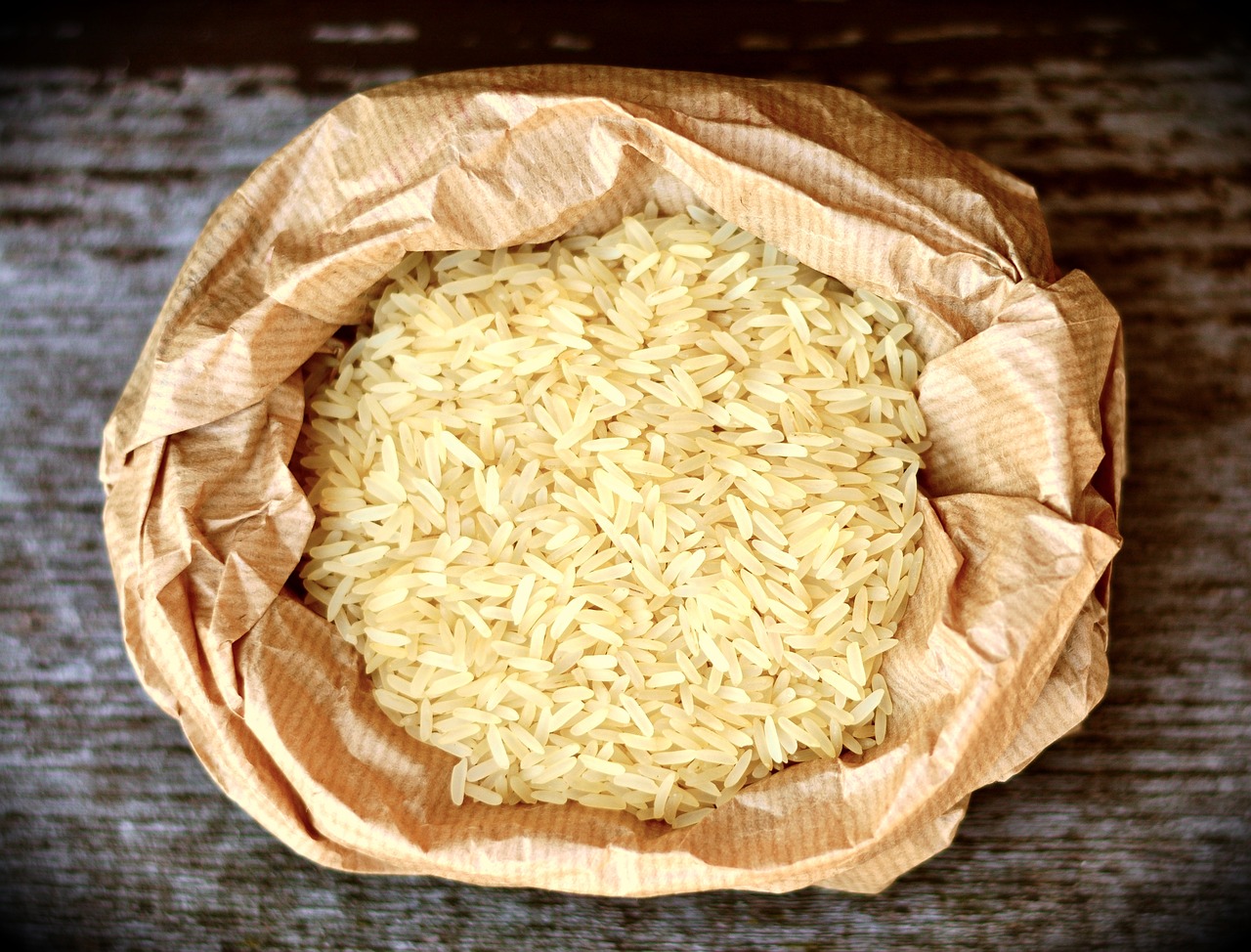 Image by congerdesign from Pixabay
Image by congerdesign from Pixabay
3. Vinegar
Vinegar, whether it's white, apple cider, or balsamic, is acidic by nature, making it an inhospitable environment for bacteria to thrive. Due to its acidic properties, vinegar doesn't spoil and can be safely used even after its expiration date. So, don't hesitate to add a splash of vinegar to your salads or use it for pickling, even if it's been sitting in your pantry for a while.
4. Dried Beans and Legumes
Dried beans and legumes are another pantry staple that can last indefinitely when stored properly. Despite their expiration dates, these nutritious ingredients remain safe to eat for months or even years. Just be sure to soak and cook them thoroughly before consumption to ensure they're tender and free of any contaminants.
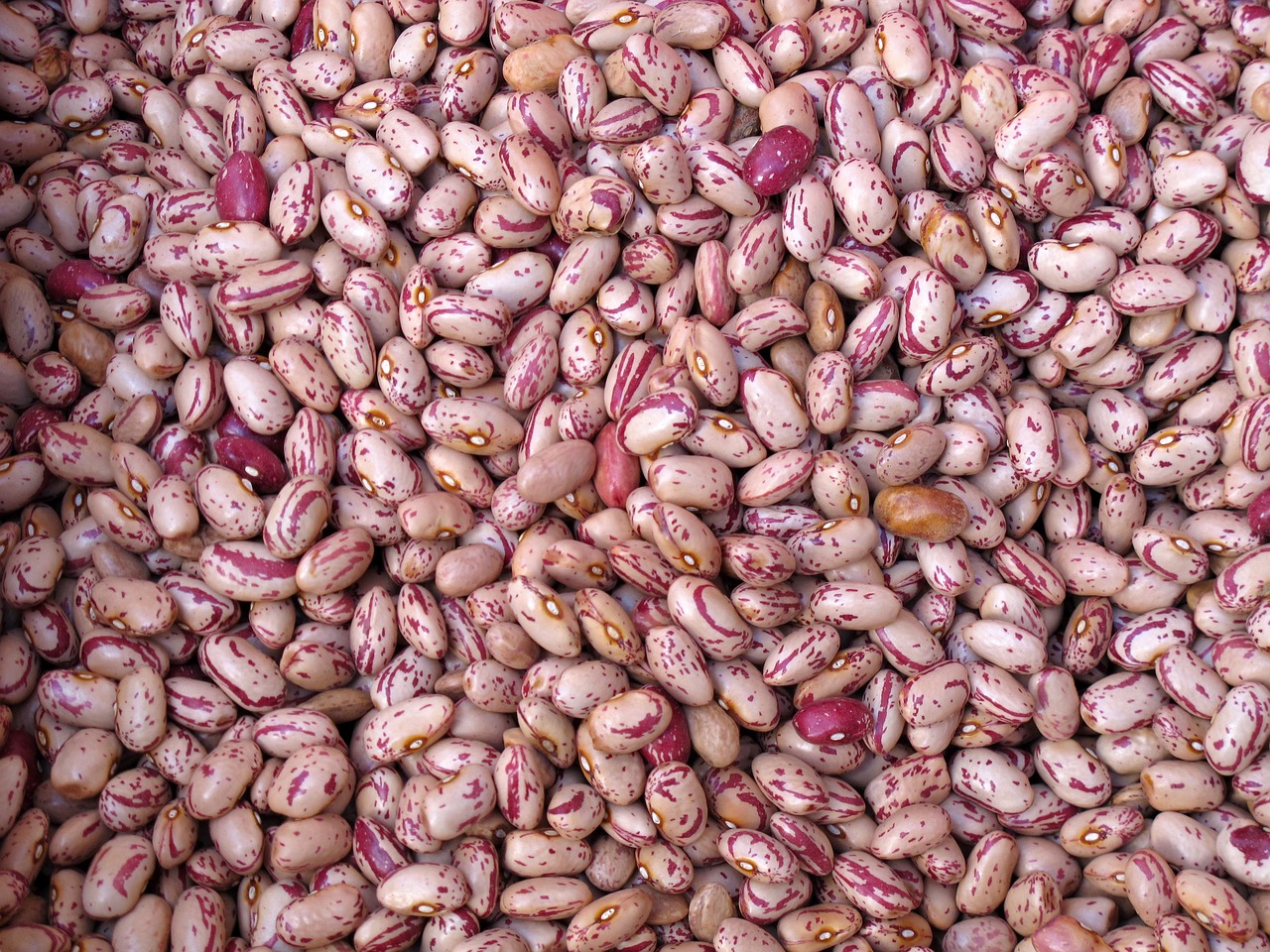 Image by Christian Mathis from Pixabay
Image by Christian Mathis from Pixabay
5. Hard Cheeses
Unlike soft cheeses, hard cheeses like Parmesan and aged cheddar have lower moisture content, which inhibits bacterial growth. As a result, they can often be enjoyed past their expiration dates without any adverse effects. Simply trim off any mold or rind, and the rest of the cheese should be perfectly safe to eat.
 Image by PublicDomainPictures from Pixabay
Image by PublicDomainPictures from Pixabay
6. Pickles
Pickled vegetables, like cucumbers, carrots, and peppers, are preserved in acidic brine, which prevents the growth of harmful bacteria. As a result, pickles can stay safe to eat for months, if not longer, beyond their expiration dates. Just make sure they're stored properly in a sealed container in the refrigerator to maintain their quality.
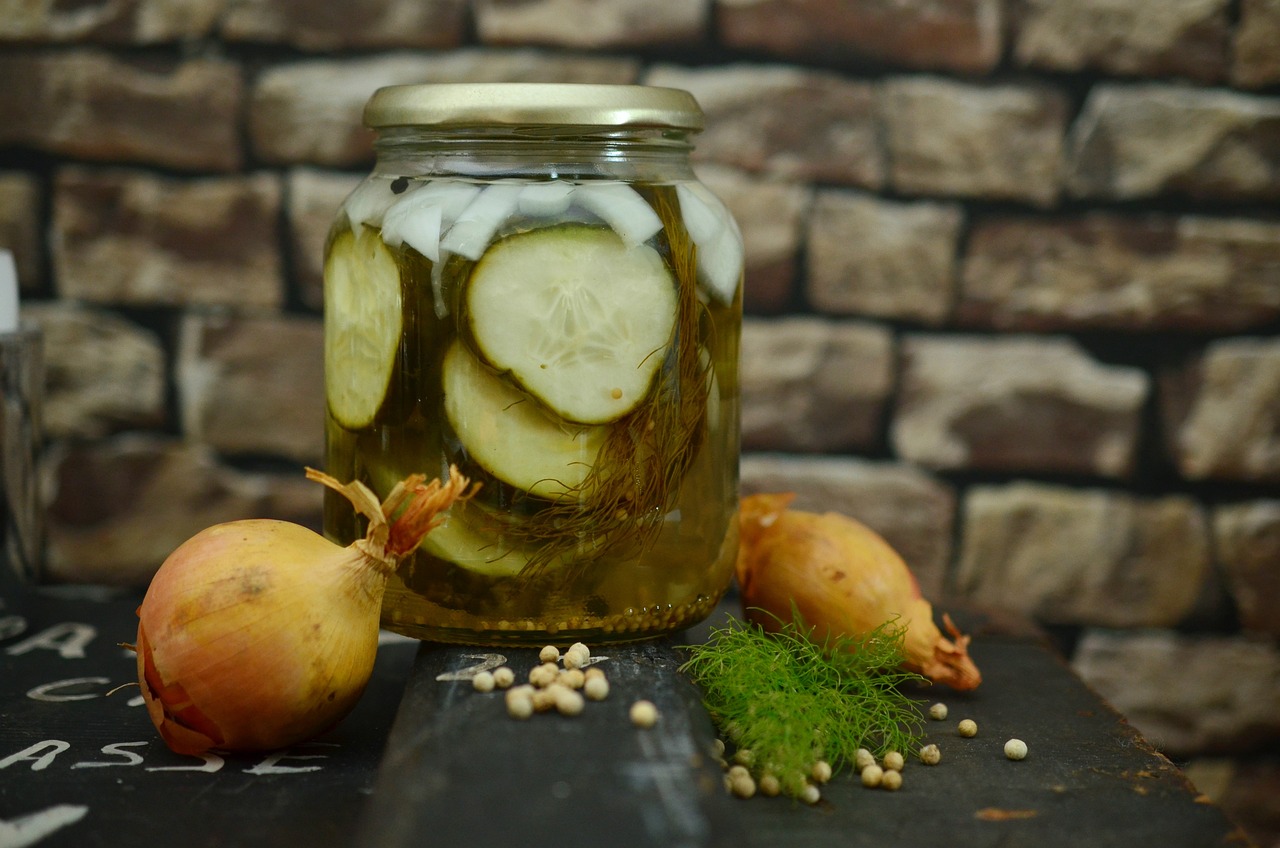 Image by congerdesign from Pixabay
Image by congerdesign from Pixabay
7. Canned Foods
Canned foods, such as beans, soups, and vegetables, are designed for long-term storage and typically have extended shelf lives. As long as the cans remain intact and undamaged, the contents should be safe to eat even after the expiration date. However, be mindful of any changes in texture, taste, or appearance before consuming canned goods past their expiration dates.
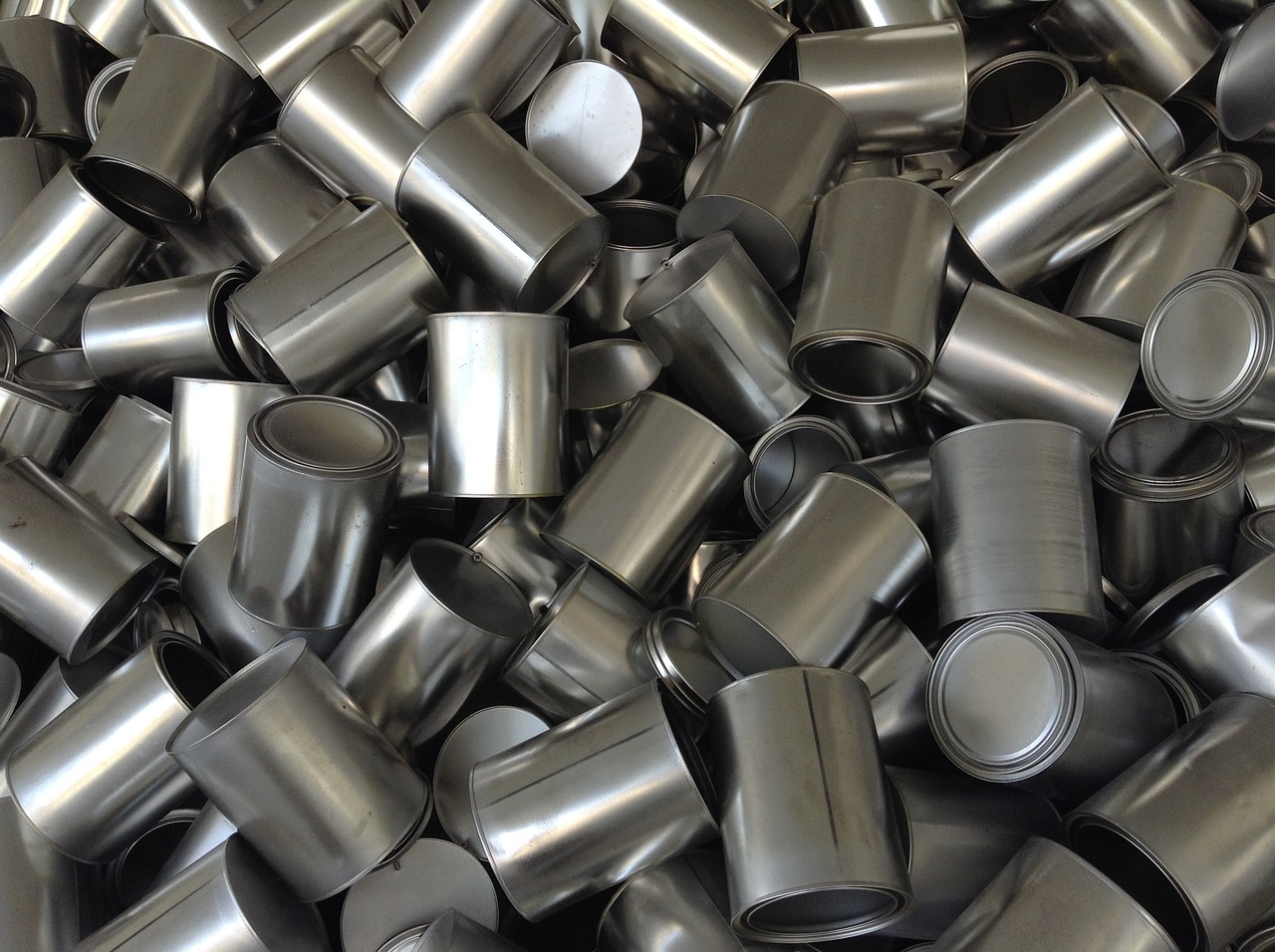 Image by andressaheimbecher from Pixabay
Image by andressaheimbecher from Pixabay
8. Dry Pasta
Similar to rice and grains, dry pasta is a non-perishable item that can last for years if stored properly. Even if it's past its expiration date, dry pasta remains safe to eat as long as it's stored in a cool, dry place. So go ahead and whip up your favorite pasta dish without worrying about the date on the package.
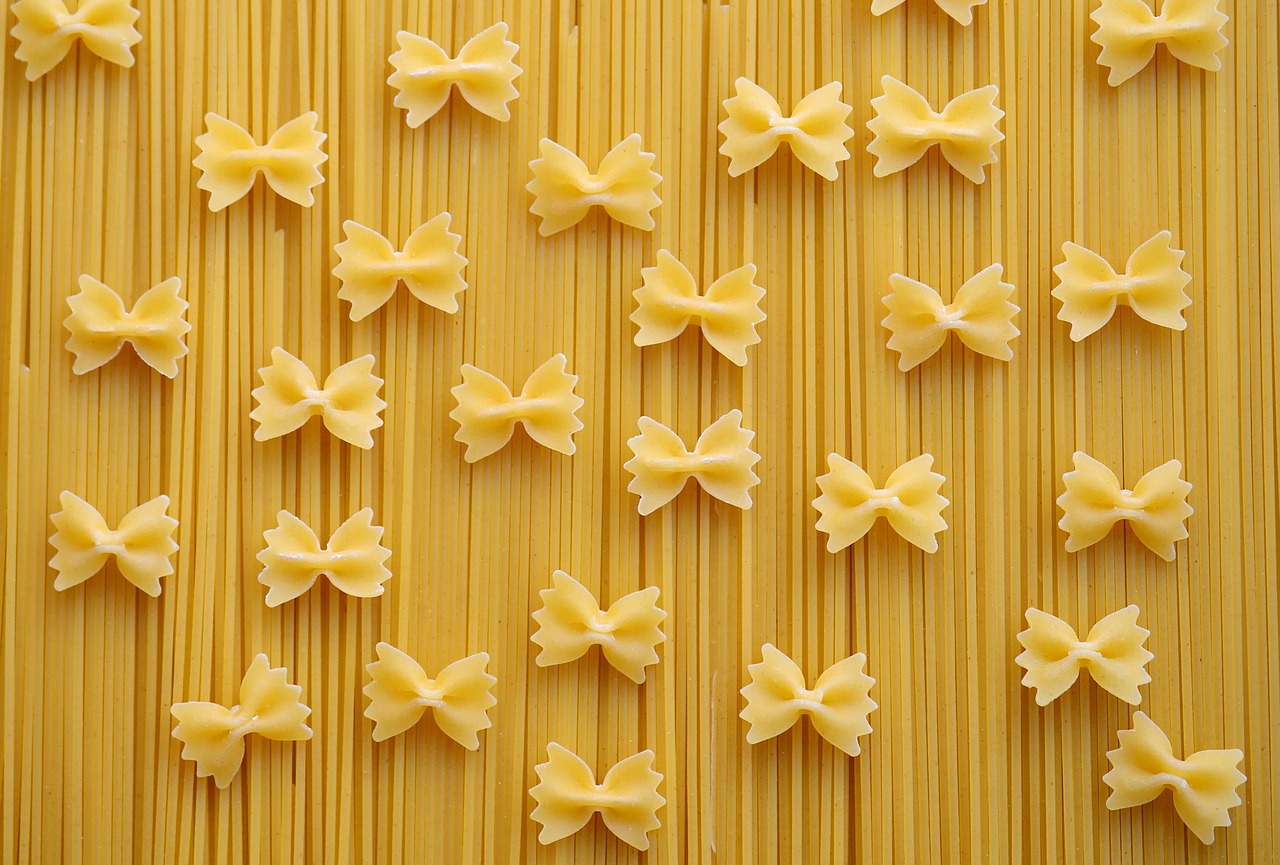 Image by congerdesign from Pixabay
Image by congerdesign from Pixabay
9. Frozen Fruits and Vegetables
Frozen fruits and vegetables are typically frozen at peak freshness, locking in their nutrients and flavor. As long as they've been stored at the proper temperature, frozen fruits and vegetables can be safely consumed even after their expiration dates. Just be sure to cook them thoroughly before eating to eliminate any potential bacteria.
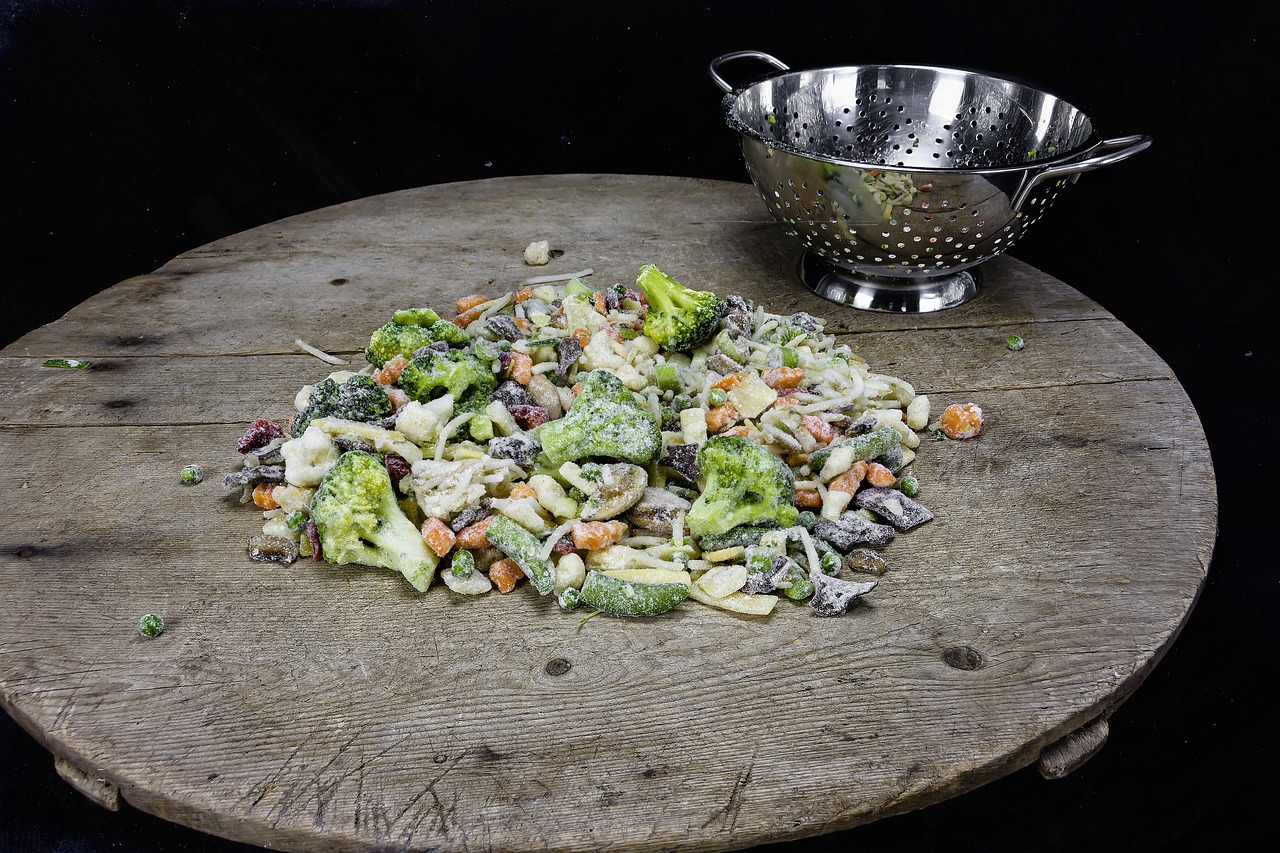 Image by Willfried Wende from Pixabay
Image by Willfried Wende from Pixabay
10. Spices
While spices may lose their potency over time, they rarely spoil or become harmful to consume. Even if they're past their expiration dates, dried herbs and spices can still add flavor to your dishes. Just be prepared to use a bit more to achieve the desired taste, and you can continue enjoying your favorite spices without worry.
We've all been there—digging through the pantry or fridge, hoping to find something edible, only to stumble upon items that have long passed their expiration dates. While it might be tempting to brush off those dates as mere suggestions, consuming expired foods can pose serious health risks.
1. Dairy Products
When dairy products like milk, yogurt, or cheese surpass their expiration date, they're prone to bacterial contamination, leading to potential food poisoning. Even if they look and smell okay, the risk isn't worth it. Consuming expired dairy can result in stomach upset, diarrhea, and other gastrointestinal issues.
 Image by Myriams-Fotos from Pixabay
Image by Myriams-Fotos from Pixabay
2. Deli Meats
Deli meats are notorious for harboring bacteria like Listeria, which can thrive in refrigerated environments. Once past their expiration date, these meats become a breeding ground for pathogens, increasing the risk of foodborne illnesses. Don't take chances with deli meats past their prime, as they can lead to severe infections, especially in vulnerable populations like pregnant women, children, and the elderly.
3. Fresh Meat and Poultry
While fresh meat and poultry may seem okay to consume after their expiration date, the risk of bacterial contamination is significant. Spoiled meat can contain harmful bacteria like Salmonella and E. coli, which can cause severe illness if ingested. To avoid food poisoning and its unpleasant symptoms, it's crucial to discard meat and poultry once they're past their expiration date.
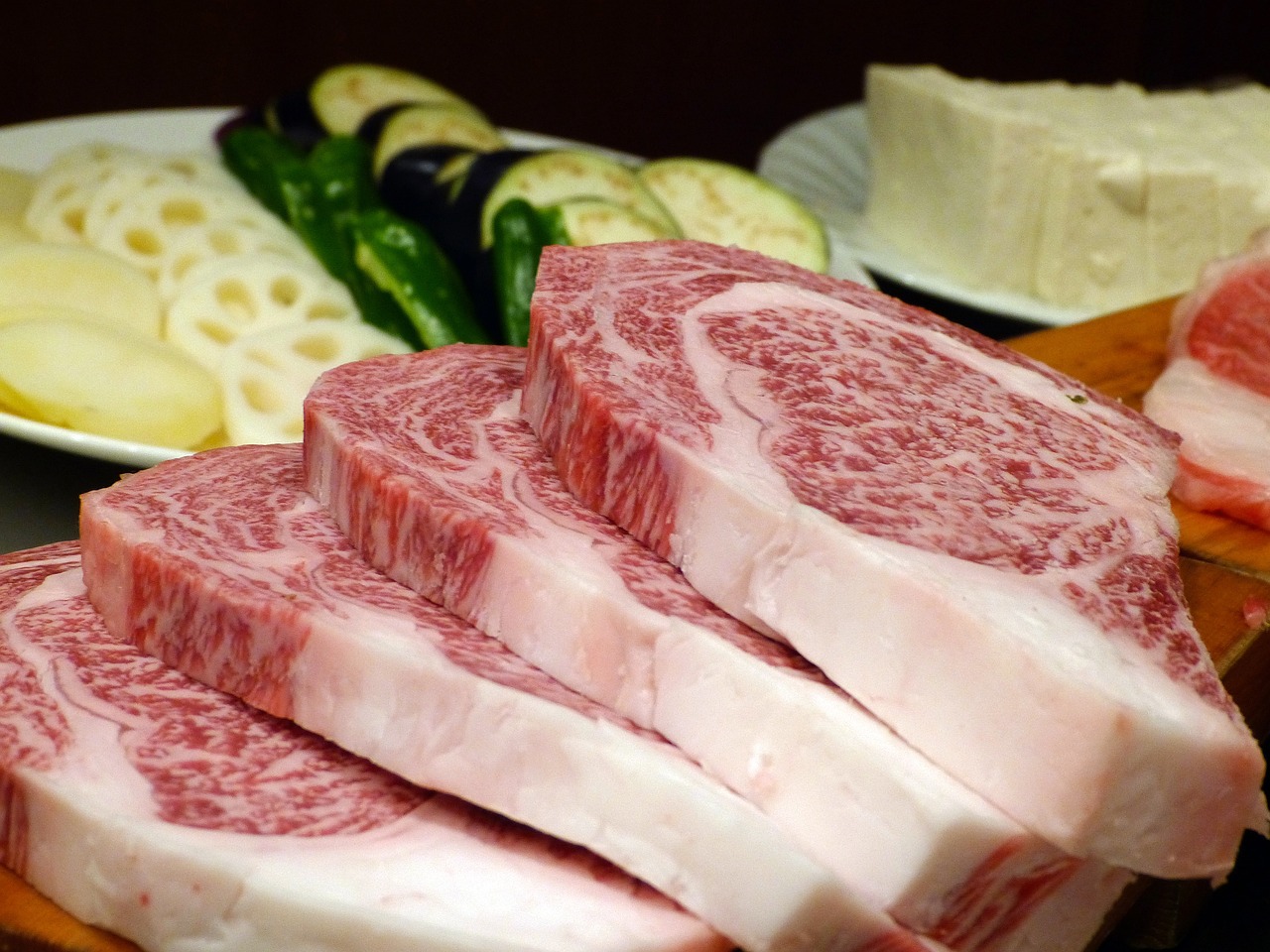 Image by Jason Goh from Pixabay
Image by Jason Goh from Pixabay
4. Seafood
Seafood, including fish and shellfish, is highly perishable and can spoil rapidly. Consuming expired seafood can lead to foodborne illnesses characterized by symptoms like nausea, vomiting, and diarrhea. Additionally, expired seafood may contain high levels of histamines, leading to allergic reactions or scombroid poisoning. When it comes to seafood, freshness is paramount, so never risk consuming it past its expiration date.
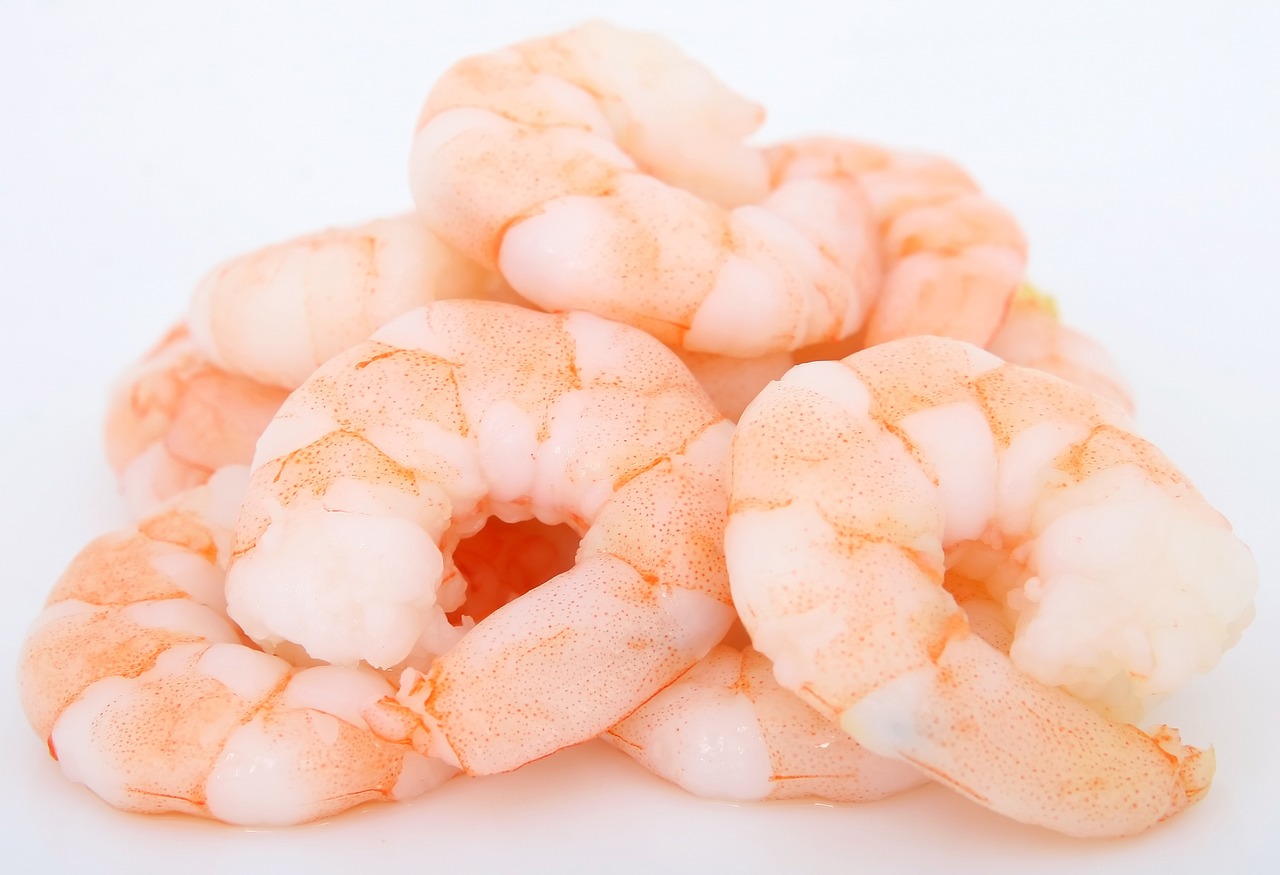 Image by Robert Owen-Wahl from Pixabay
Image by Robert Owen-Wahl from Pixabay
5. Eggs
Eggs are a staple in many diets, but they can become unsafe to eat after their expiration date. As eggs age, they can develop harmful bacteria like Salmonella, even if they appear intact. Consuming expired eggs puts you at risk of severe food poisoning, so it's best to err on the side of caution and discard any eggs past their expiration date.
 Image by Erika Varga from Pixabay
Image by Erika Varga from Pixabay
6. Canned Goods
While canned goods have a longer shelf life, they're not immune to expiration. Over time, the quality of canned foods deteriorates, leading to changes in taste, texture, and nutritional value. Consuming expired canned goods can expose you to botulism, a rare but potentially fatal illness caused by the toxin produced by Clostridium botulinum bacteria. To avoid this risk, always check the expiration date before consuming canned foods.
7. Ready-to-Eat Meals
Ready-to-eat meals, including pre-packaged salads and sandwiches, should be consumed before their expiration date to ensure food safety. These meals often contain perishable ingredients like vegetables and mayonnaise, which can spoil quickly. Eating expired ready-to-eat meals increases the risk of foodborne illnesses, so it's essential to follow expiration dates diligently.
 Image by Tonda Tran from Pixabay
Image by Tonda Tran from Pixabay
8. Packaged Salads
Packaged salads may seem convenient, but they can harbor harmful bacteria if consumed past their expiration date. Leafy greens, like spinach and lettuce, are prone to contamination and can cause food poisoning if not handled properly. To reduce the risk of illness, always check the expiration date on packaged salads and discard any that have expired.
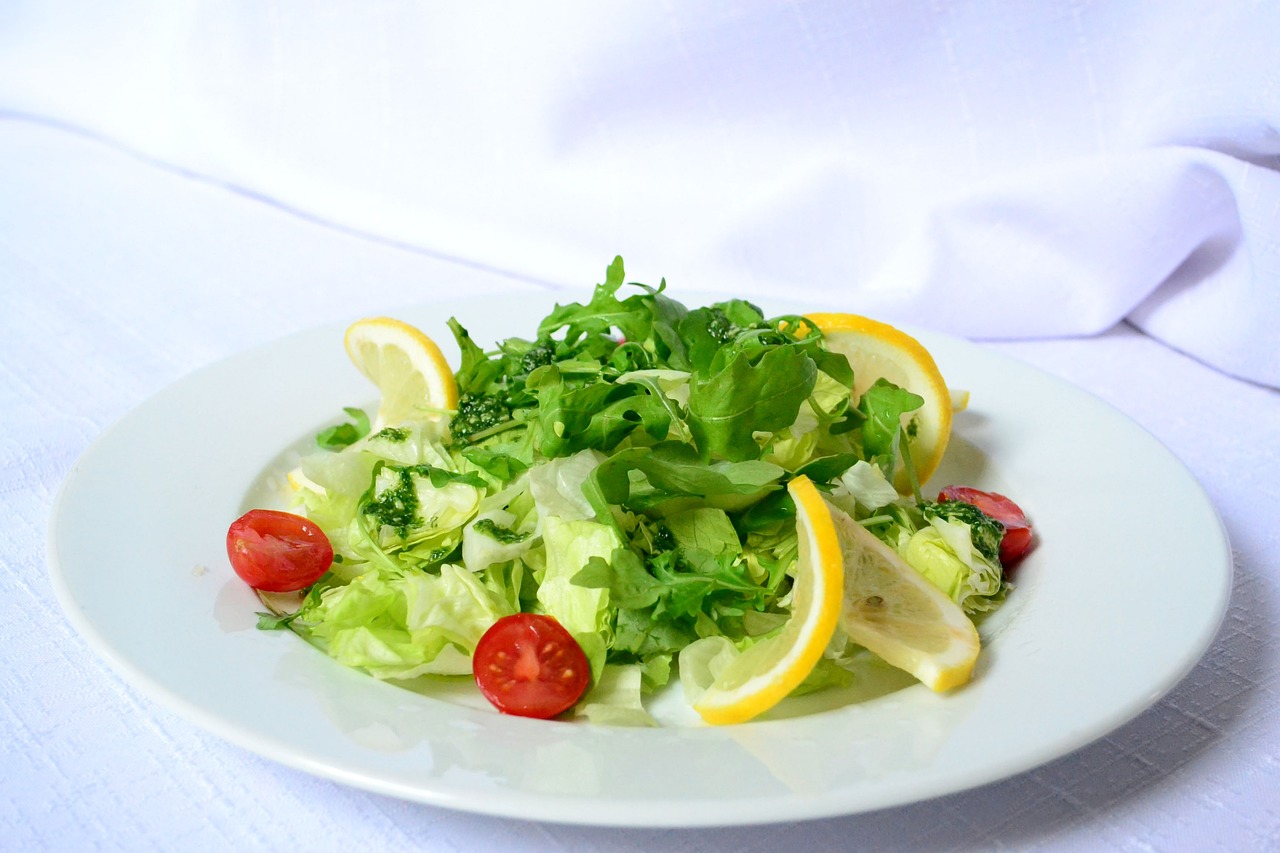 Image by kateřina budíková from Pixabay
Image by kateřina budíková from Pixabay
9. Sprouts
Sprouts, such as alfalfa and bean sprouts, are nutritious but can also be a breeding ground for bacteria like Salmonella and E. coli. Even if they appear fresh, sprouts can harbor harmful pathogens, especially as they age. Consuming expired sprouts increases the risk of foodborne illnesses, making it essential to discard them once they've passed their expiration date.
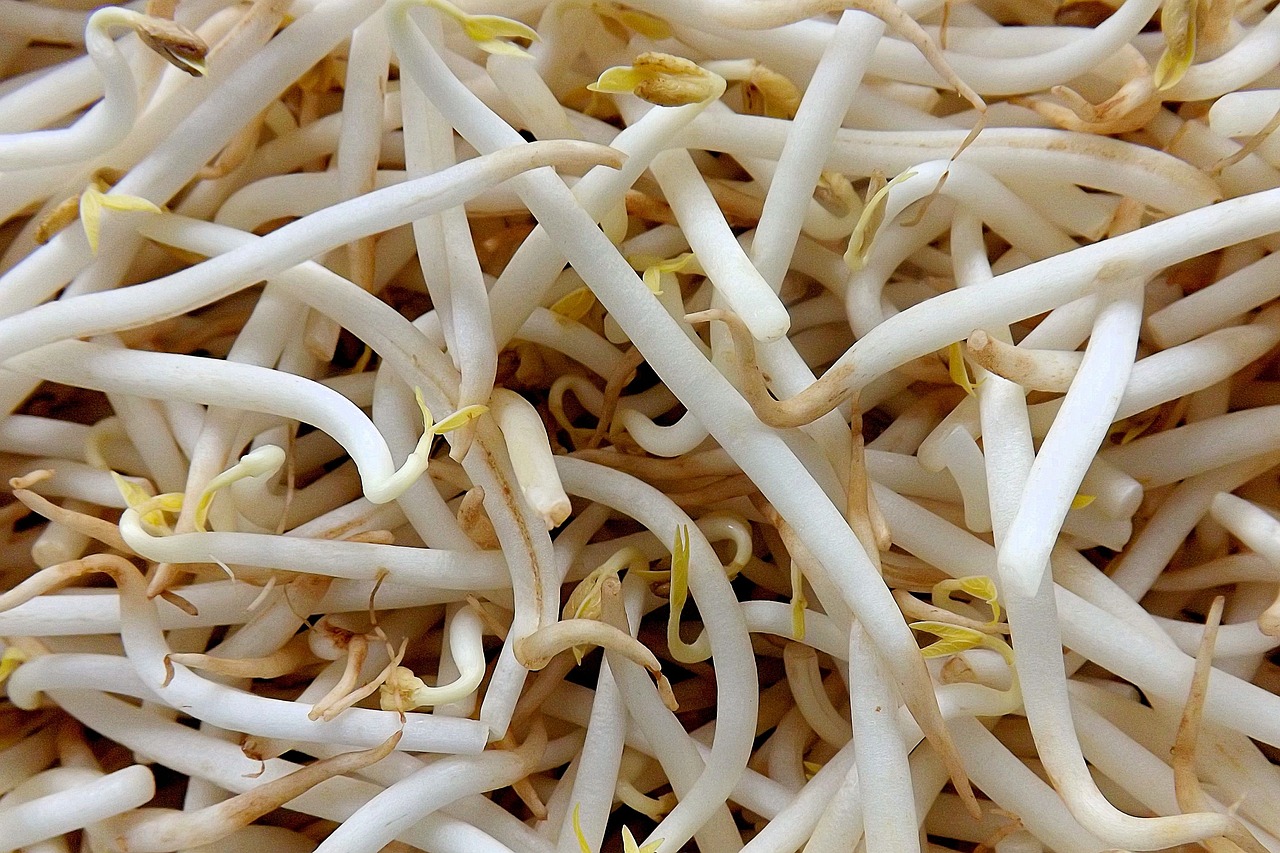 Image by Hans Benn from Pixabay
Image by Hans Benn from Pixabay
10. Bread and Bakery Items
Bread and bakery items may seem harmless past their expiration date, but they can become stale and moldy over time. Mold can produce mycotoxins, which are harmful substances that can cause allergic reactions and other health issues. To ensure food safety and quality, it's best to avoid consuming bread and bakery items after their expiration date has passed.
KEEP ON READING

The Most Popular Signature Dishes Around the World




